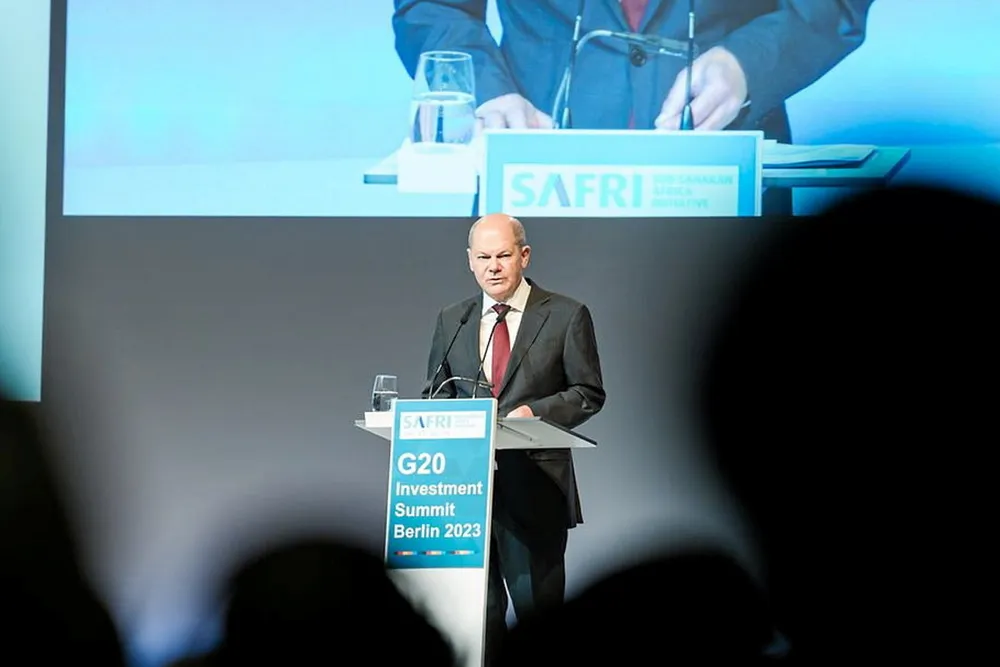'Produce green hydrogen and you will find reliable buyers in us' | Germany pledges €4bn for African energy projects
EU-led funding programme aims for 40GW of electrolyser capacity in Africa by 2030

EU-led funding programme aims for 40GW of electrolyser capacity in Africa by 2030
